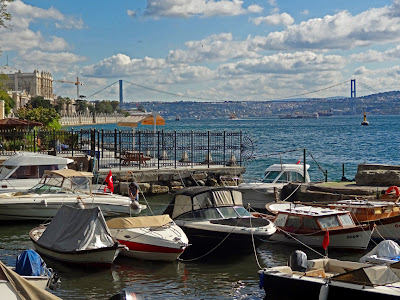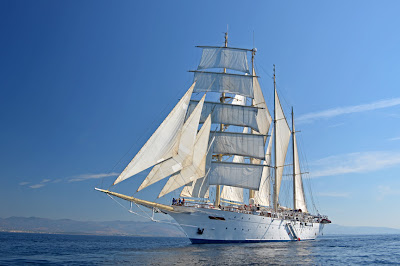(I don't know why I am unable to post photographs today... I'll paste them in later. In the meantime...)
TURKEY surprises me... again. The majority of people from the “WEST” tend to consider it a backwater outpost, an occasional point of interest in seventh grade history lessons, a place to end or begin a cruise with highlights in Greece and Italy. Turkey looks very much like the United States. I talked politics yesterday with a fellow at the table next to mine at Starbuck. He is university educated and well-traveled. He knows the details of the Israel-Palestine discussion going on in the United Nations this week. He knows how and why China, Russia and the United States will vote in the matter. He knows the details of his country’s religious wars in it’s long history. He is an atheist, but he doesn’t despise or scoff at believers. He respects the good in all religions (My friend Ben Christensen knows what he means)... and tries to make his life consistent with the good in Islam. He explains that relatively few Turks are devout Muslims observing carefully all the requirements of Islam and that the vast majority are as appalled as Americans are by Nine-Eleven and as puzzled as the rest of the world is by American’s national response to it. There was at least a little irony in the fact that our conversation took place where we could see at least five big mosques and could hear the call to late-afternoon prayer.
My hour-long Starbucks friendship informed me that here in Istanbul, except for the occasional beggar squatting near an entrance to the Grand Bazaar with cloth cap on the stone street in front of him, the poor aren’t conspicuous, so it’s easy to forget they are here. Of course, just as in America, abject poverty hunkers down unnoticed at the periphery of national life. The super-rich and the very poor have at least one thing in common. Most go about their lives largely unnoticed until one does something especially outstanding or outrageous. Comfortable affluence in every country is more conspicuous. Istanbul streets are clogged with late-model taxicabs and expensive mostly Northern European private cars. Tourists haggle over prices of cheap knock-off versions of coveted status handbags, scarves, and watches in the Grand Bazaar; and in hundreds of legitimate shops outside the Grand Bazaar the “real” items carry the same price tags as those in up-scale stores in The West. Well-dressed customers clearly not dressed in REI wash-and-wear tourist duds come and go in the shops on main Istanbul boulevards.
My friend thinks his country will probably not join the European Union, partly because most Europeans don’t want them and partly because he doesn’t want Turkey’s economic development to be complicated by membership in the E.U. After all, most of Turkey isn’t geographically in the West. Ninety-something percent of the land mass is in Asia.
I write this from an eleventh floor suite of the Istanbul Intercontinental Hotel that looks out to the north. I can see the bridge that links European and Asian Istanbul. In my mind’s eye I can see Ukraine and Russia to the north and the scattering of once-Soviet republics all the way past the Armenian dilemma and Kurdish problem on the Eastern border to Afghanistan, Pakistan, India and China... with the Arab Spring coming on in Arab countries next door to the south and east. Some of my best friends were born in Iraq, so I know something about the intelligence and innate goodness of people from this part of the world. I have lived long enough and have been fortunate enough to travel in most of the world; so I can’t ignore the fact that ignorance and, sadly, that religion are the major stumbling blocks to peace in the world. Perhaps the greatest irony in human history is that Buddha, Jesus, and Mohammed, whose lives and teachings were the initial inspiration for major religions, seemed to know that ignorance and religion are the problem. They said so. They told us what we must do to bring peace on earth.

























































